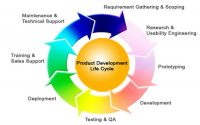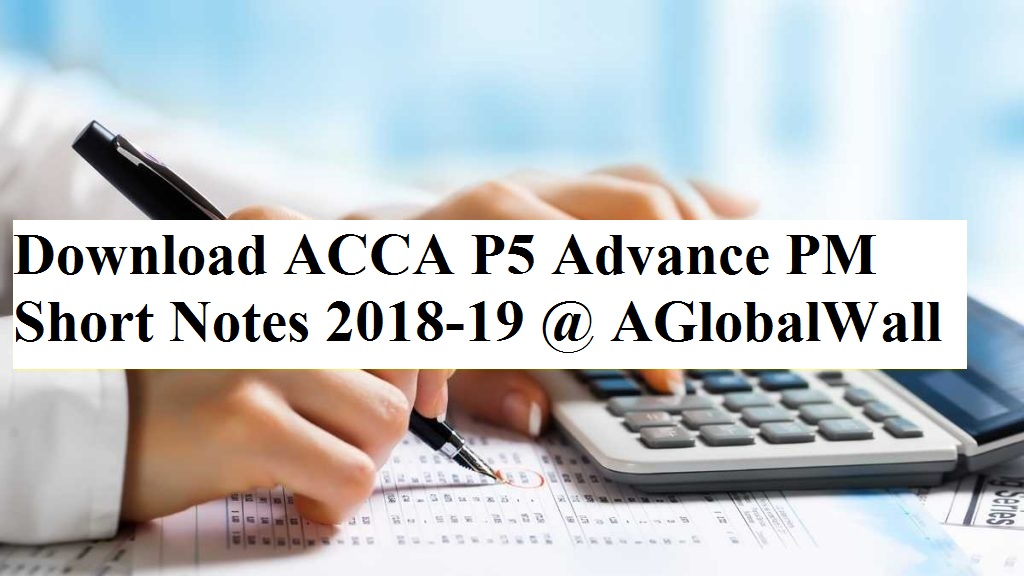Important Article on Strategic Business Leader
Important Article on Strategic Business Leader (SBL)
This Important Article on Strategic Business Leader is directed at students who are still a little apprehensive about the new creature that is the SBL exam. We now have some experience of what the paper looks like, so this might be a good time to learn how best to prepare for it. The first sitting was held in September 2018. The ACCA made enormous efforts to explain every aspect of this new paper, including why it was introduced, what its aims are, how to approach the exam and so on. Additionally, students could call upon a plethora of tuition providers to support their preparation.
Despite all this activity, the enrolments for the examination in both September and December 2018 have been below expectations; and 55% of those brave souls who did attempt the paper in September, failed; ACCA passes rates. Why is this? I do not intend to carry out a full multivariate analysis here but have reflected on feedback from a number of sources and draw the following personal conclusions, based on over 25 years of ACCA teaching experience.
You may also like;
1. The ‘I have loads of time’ approach. Employing this approach in the exam, the student convinces him/herself that even though they have spent more time than they allocated to an answer (1.8 minutes/mark, using my formula), they will write a bit faster on the next answer and, simply make it up. The four hours available for the SBL exam might seem like a lot of time, but it passes surprisingly fast; just ask any student who has sat it! I have marked many SBL scripts, where bad time-management is clear almost from the start. The usual result of this is a fail mark. At this stage of the qualification, one would have thought that students would be adept at time-discipline in the exam, but it is not so! In fact, I would venture to say that it is probably the biggest reason for failure among the well-prepared student group. Why is this? The answer is simple; we read a question and find that we have a great deal to say about it in our answer.
We get very excited because we see the opportunity for our big win (see Las Vegas slot-machine in point 3 below). Consequently, we write as much as we possibly can to demonstrate our extensive (and impressive) knowledge to the marker. Here’s the problem; you cannot earn more than the maximum number of marks available for a question, no matter how brilliant your answer is! So, to maximise your score in the exam: Firstly, recognise that you will probably not be able to complete all your answers in the time available. Secondly, get in the habit of prioritising the points you make in your answer so that you get the most important (and mark-heavy) things written down early. Thirdly, as soon as your time runs out, move on to the next question. This is not an easy discipline to master and takes a great deal of timed practice. Students get tired of hearing me say “move on, move on!” (both online and in class), but I make no apology for it; because the rewards of getting it right, are enormous.
2. The ‘SBL is easy’ approach. By this, I mean that we hard-bitten accountants are used to seeing our professional roles as being that of reaching conclusions and making recommendations based on hard facts (usually numerical). We really have little time to waste on all that fluffy, subjective ‘stuff’ when reaching a business decision. The ‘solid’ finance, accounting and tax papers are really what accounting is all about; audit is a bit wordier than we would like, but it passes muster….just. So, when it comes to this strange SBL paper, we just roll our eyes and sigh.
Yet another ‘soft’ paper; a mere distraction from the real work of passing the ACCA exams. And yet, pass it we must, SBL is not an options paper. “Never mind, how difficult can it be anyway?” we think. I will scan through some SBL materials for a few hours beforehand, write a bit of ‘Blah’ in the exam and then move on to the really important papers. It is a big mistake to underestimate SBL. The candidate must combine analysis, knowledge and judgement, to produce a real-world solution to the challenges in the exam. Like any other ACCA exam, success requires learning, thinking and lots of practice, preferably with professional guidance and feedback.
3. The ‘learn a few models’ approaches. This technique is to impress the marker with our detailed memory of a few frameworks and, Bob’s your uncle; the marks will come pouring in like a slot-machine win in Las Vegas! This has never been true, even for the P3 paper, which preceded SBL, although many students thought it was (and paid the price for it in the exam). SBL, even more so than P3, is a very practical paper; models are used to help us structure our answers and ensure that we cover most/all of the relevant areas. In fact, I advise my students against even mentioning a particular model in the exam; describing and explaining a model in the SBL exam, is a waste of time and does not earn any marks in and of itself.
You may also like to check these;
The selective application of models in the exam is an acquired skill which is not easy to learn; it requires us to plan carefully and quickly when structuring our answer. It must be almost automatic; in the exam, we do not have the time to spend deciding which models are relevant; we must have done this while reading the question! This approach has to be practised repeatedly; guidance and feedback on your choice of models and how to apply them is absolutely essential to get it right-first-time in the exam hall.
If a student gets these things right, their chances of success in the SBL exam, skyrocket! I know this because, my pass rates in the September 2018 exam were double the global rates and some groups achieved 100%, including a national prize winner. I expect this level of success to be sustained by my students going forward.
(Visited 1,709 times, 1 visits today)
One Comment









Please send me the link for SBL LSBF lectures on